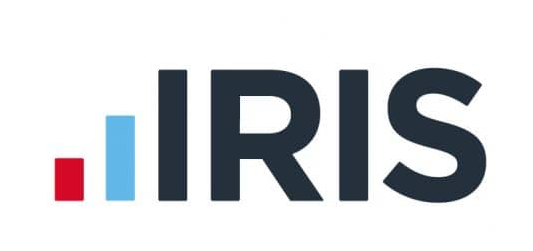3 of the biggest finance challenges facing growing businesses – and how to manage them
3 of the biggest finance challenges facing growing businesses – and how to manage them

As businesses grow, they continually face shifting markets, economic change and evolution within their operations that can present significant challenges to profitability and success. As with all aspects of financial management, understanding your numbers and using them as a solid platform for your decision making can help a company ride both external and internal storms.
Cash management

Good cashflow is the beating heart of any growing business. Too little cash can limit growth and restrict opportunity. From robust credit management to effective control of stock and suppliers, business owners should be familiar with every aspect of their working capital and the factors that influence it.
Cash management means having a strong grip on cashflow so that you can anticipate future financing needs in good time and put a plan in place. Cashflow projections help you identify any potential threats early so that you can react by considering options for additional funding or reduced expenditure.
Our
FD on Demand service helps growing businesses understand their numbers, forecast effectively and make informed decisions about their business. We help our clients manage their cash proactively on a day-to-day basis rather than waiting until issues arise. This is important for any established organisation and particularly for those planning expansion.
Raising funding

If you anticipate that you will need extra funding to achieve your growth objectives, having good cash management and cashflow forecasting in place will make the task so much easier.
Funding may be needed to boost production, acquire new premises, launch new services or products or even for acquisitions. The sources of funding available are wide, although not all will be available to every business and some will be more suitable for certain types of ventures or projects than others. Options include bank loans, grant funding, angel investment, peer-to-peer funding, venture capital and crowdfunding.
Whatever kind of funding you apply for, you will need a strong business pitch and a clear forecast. Again, this is something we help our FD on Demand clients with, as well as advising them on the finance sources available to them. It is important to have clear management information (MI) and an action plan for different business scenarios. Banks and lenders want to see not only that you have the information but also that you are aware of how the numbers affect your decision making, giving them confidence in you and your organisation.
Maintaining profitability

A business that can generate enough sales and income to make it profitable has the best chance of being successful and achieving its growth targets. Becoming profitable is one thing but staying profitable in the face of changing circumstances can be a significant challenge, even for the best prepared company.
When profit levels start to become more difficult to maintain, for example due to rising costs or changing markets, there are a number of things you can look at to help you stabilise things financially. You can find ways of reducing business costs or alternatively you can look at ways to increase turnover, boost productivity or improve efficiency. Small changes are often enough to keep things on track. If you have good management information, you’ll spot issues with profitability early and the sooner you identify them, the more effectively you can respond.
You may want to look at wider changes, such as launching new products or services. If this is the case, your management information will be your starting point as you work out whether the costs involved will generate the profit uplift you’re looking for.
Find out more about our FD on Demand service here or by calling us on 01423 222710.
If you found these news items interesting please feel free to share with your friends, family and colleagues.
















